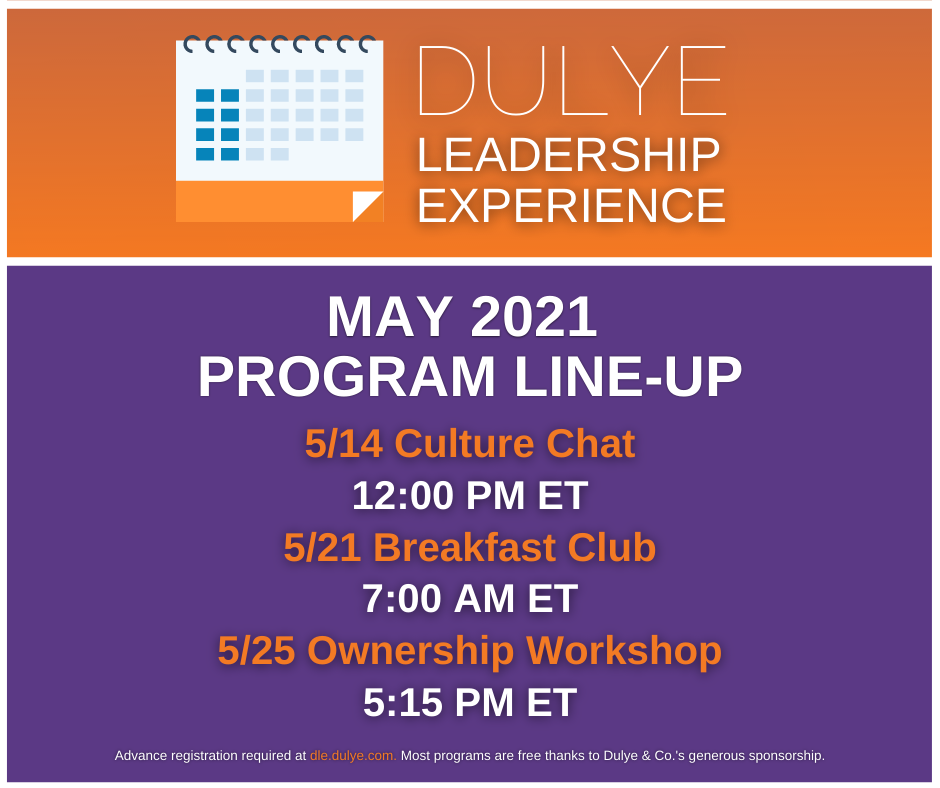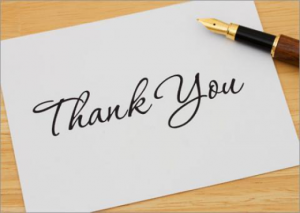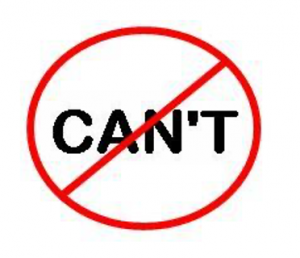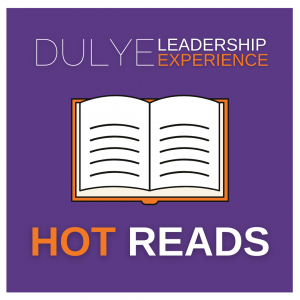
UPDATE YOUR COMPLIMENTARY DLE MEMBERSHIP AS WELL AS YOUR MAY CALENDAR
April 28, 2021
WHEN YOUR HEALTH INSURANCE COMPANY COMES CALLING
May 5, 2021WELLNESS CHECK: FEELING BLAH? IT’S NOT BURNOUT, IT’S LANGUISHING
The feeling of burnout that many of us are feeling these days is actually not burnout—it’s called “languishing.”
Best-selling author Adam Grant deconstructs this pandemic trend in a much heralded New York Times article published April 19. The article explains the feeling of stagnation and “blah” that has emerged from the pandemic’s countless restrictions on our daily lives.
“Languishing is a sense of stagnation and emptiness. It feels as if you’re muddling through your days, looking at your life through a foggy windshield. And it might be the dominant emotion of 2021,” writes Grant.
DLE Alum Charles Lerner first shared the article with the DLE HUB. Charles, who works as an Engagement Coordinator for TAO Group, admits, “I almost feel guilty not being in the great, energetic, positive mood I usually have. But the word/feeling ‘languish’ hit home. I’m not depressed, I’m not down on myself or bringing those around me down, but I’m also not feeling the 24/7 positivity that I work hard to maintain. There was not an emotion I could pinpoint, until I read this article. It’s OK to feel in a state of languish, and it is important to reflect on how to take the proper steps to move forward.”

Charles Lerner, Engagement Coordinator, TAO Group, Bronx, NY
Moving forward, he adds, “starts with leaning on your inner circle—like Linda (Dulye) and the DLE community—to have the conversation and learn about how others have been dealing with their emotions.”
Grant also offers suggestions for beating that blah feeling. He suggests building uninterrupted time into your schedule and scaling down goal setting. “Sometimes it’s a small step toward rediscovering some of the energy and enthusiasm that you’ve missed during all these months.”
WHAT TO SAY IN A POST-INTERVIEW THANK YOU NOTE
Now that you’ve completed your first round of interviews for a prospective job, what’s your next move?
 This Forbes article offers advice and examples for writing post-interview notes of appreciation that will get read and remembered. Is an email compelling enough? Do handwritten notes really matter?
This Forbes article offers advice and examples for writing post-interview notes of appreciation that will get read and remembered. Is an email compelling enough? Do handwritten notes really matter?
Writer Robin Ryan provides tactics for adding punch and personalization to this must-do practice of following up on a job interview. Punctuality is key. “Notes must be emailed within 24 hours, preferably the same day as the interview if possible.”
WORDS TO USE FOR HIGH-IMPACT COMMUNICATIONS
How can you supercharge your communication skills? Take stock of your vocabulary. Select positive words and keep your tone positive.
According to Fast Company, simple verbal habits or tics can actually get in the way of clear communication—like saying “sorry” too often. “Shifting your response from ‘sorry for the delay’ to ‘thanks for your patience’ strikes a more positive tone, too.”
 Equally important is to emphasize strengths and expertise that you can bring to situations and problem solving. Replace “I can’t” with “here’s what I can do for you.” With that slight change, states the article, “you’ve set a boundary with your client or colleague about what you’re not able or willing to do, but you’ve also indicated that you’re willing to find a workable solution.”
Equally important is to emphasize strengths and expertise that you can bring to situations and problem solving. Replace “I can’t” with “here’s what I can do for you.” With that slight change, states the article, “you’ve set a boundary with your client or colleague about what you’re not able or willing to do, but you’ve also indicated that you’re willing to find a workable solution.”



